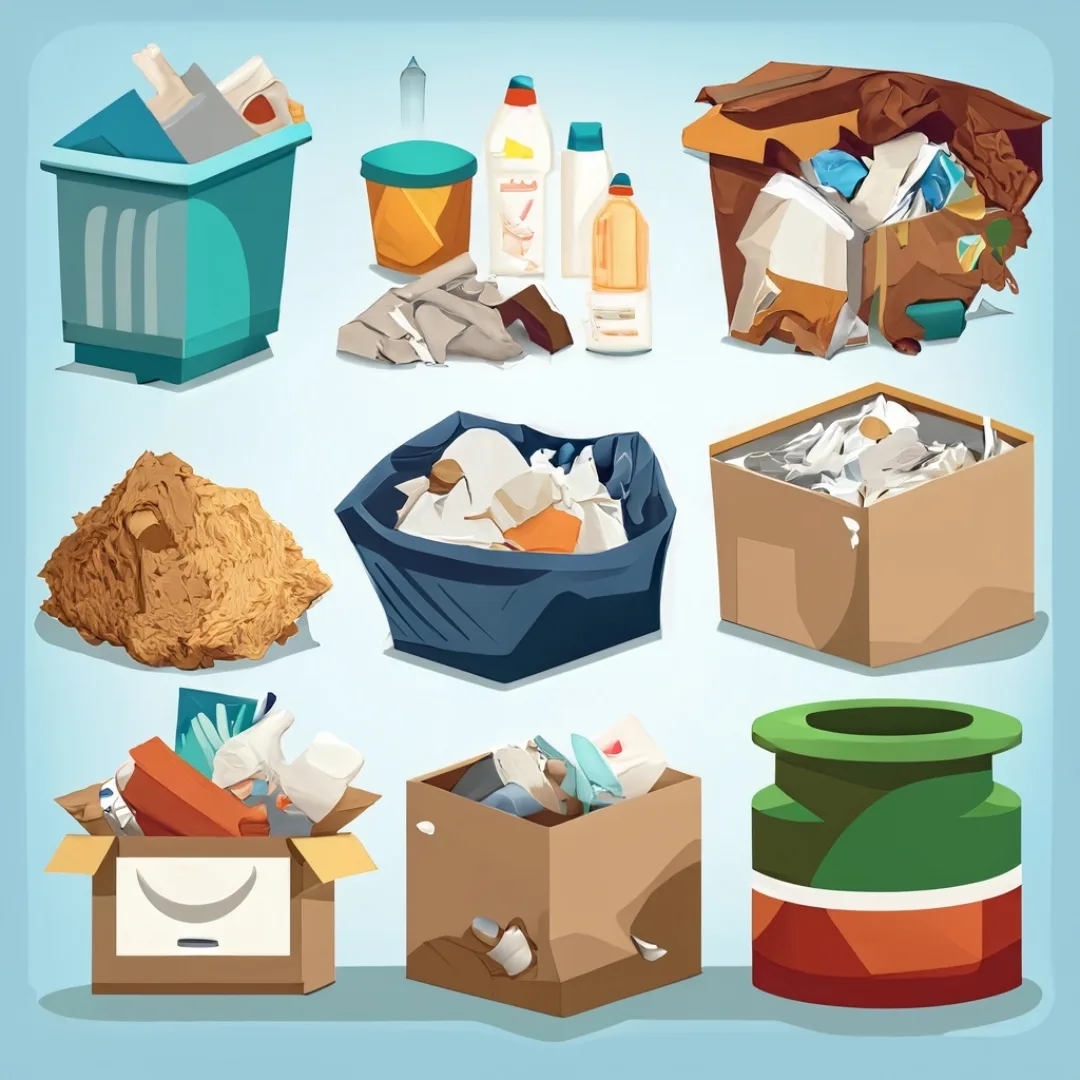Search for your zip code

In the world of waste management, not all trash is created equal. Different types of waste require different methods of handling and disposal to minimize environmental impact. This blog post will delve into various types of waste, including construction debris, household waste, electronic waste, and green waste, providing insights into their proper management. Construction debris comprises materials like wood, metal, concrete, bricks, and tiles, typically resulting from construction, renovation, or demolition projects. This type of waste often requires special handling due to its bulkiness and weight. This is the everyday waste that accumulates in households, including food scraps, packaging, clothing, and miscellaneous items. E-waste includes discarded electronic devices like computers, TVs, and cell phones. It's a rapidly growing waste stream, presenting significant environmental hazards due to toxic substances like lead and mercury. Green waste encompasses organic waste from gardens and yards, including grass clippings, branches, leaves, and plants. Understanding the different types of waste and their respective disposal requirements is crucial for responsible waste management. By segregating waste correctly, we can significantly reduce the environmental impact, support recycling and composting efforts, and ensure hazardous materials are treated safely. As individuals and communities, our informed choices can lead to a more sustainable and environmentally friendly world. Stay informed and responsible. Check with your local waste management facilities for specific guidelines and consider how you can make a difference in your waste disposal habits. Together, we can make a substantial impact on our planet's health.Construction Debris
Handling and Disposal:
Household Waste
Handling and Disposal:
Electronic Waste (E-Waste)
Handling and Disposal:
Green Waste
Handling and Disposal: